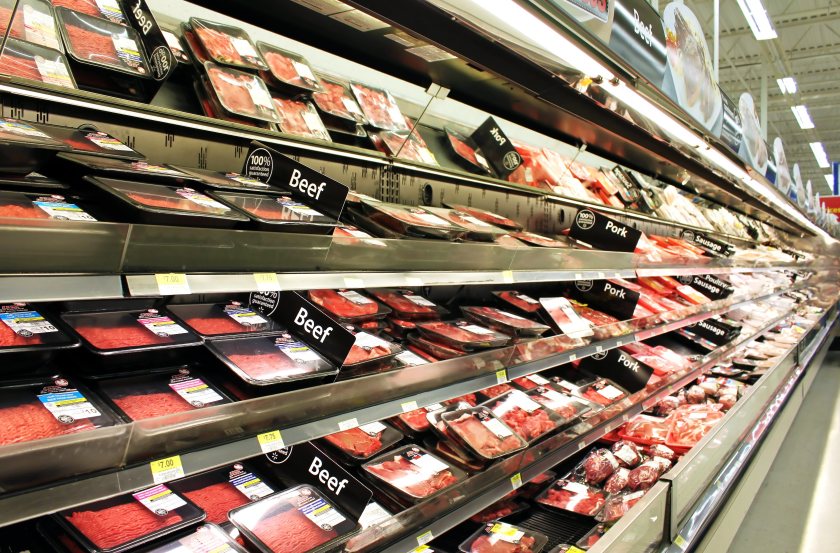
Defra has ditched plans to consult on proposals to roll out compulsory animal welfare labelling on food products following industry criticism.
Under the plans, new regulations would have required products, initially pork, poultry and eggs, to be categorised in different tiers linked to method of production.
Defra claimed the move would have given consumers a clearer indication of how pork and other products are produced.
But the National Pig Association (NPA) called it a "blunt tool" that would have added "costs across the chain".
The move was strongly opposed by other industry bodies, including the NFU, British Meat Processors Association, the Food and Drink Federation, Dairy UK and the British Poultry Council.
A joint letter by the groups said: “Mandatory method of production labelling will not deliver continual improvement of farm animal health, as method of production is not the key determinant of animal welfare.
“The science is clear that attention to detail and professional management of our flocks and herds is a greater determinant of animal welfare, but this is much more difficult to translate into a clear and useful consumer labelling framework.
“Labelling should be voluntary and follow compulsory rules when certain terms are used to ensure accuracy and consistency.”
NPA's chief executive, Lizzie Wilson welcomed the government's decision not to issue the consultation.
She said: “We as an organisation argued strongly behind the scenes that compulsory welfare labelling would be a blunt tool that adds costs across the chain, while doing nothing to educate consumers about real welfare on farms.
“[We] made it very clear to Defra that you cannot equate welfare with method of production and that the proposed system would likely confuse, rather than inform.
“We welcome the fact that Defra has listened to us and others throughout the supply chain and will continue to work with them to ensure any future moves to increase transparency in the pork supply chain are proportionate and effective.”
